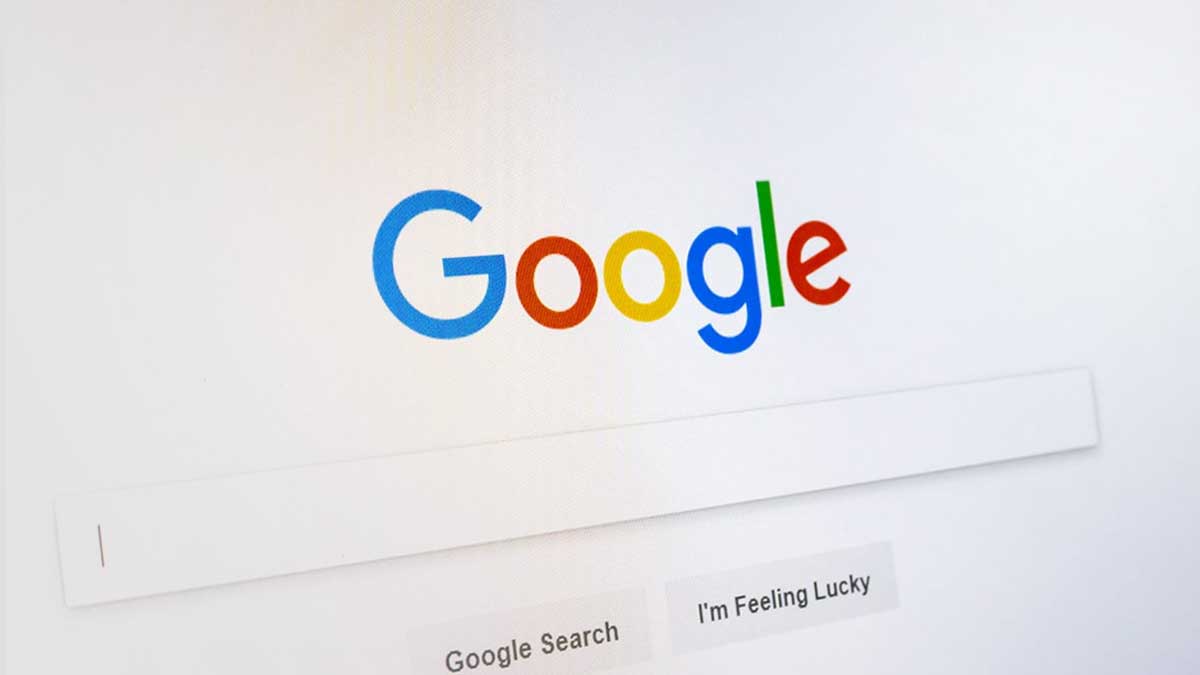- Home
- Billionaires
- Investing Newsletters
- 193CC 1000
- Article Layout 2
- Article Layout 3
- Article Layout 4
- Article Layout 5
- Article Layout 6
- Article Layout 7
- Article Layout 8
- Article Layout 9
- Article Layout 10
- Article Layout 11
- Article Layout 12
- Article Layout 13
- Article Layout 14
- Article Sidebar
- Post Format
- pages
- Archive Layouts
- Post Gallery
- Post Video Background
- Post Review
- Sponsored Post
- Leadership
- Business
- Money
- Small Business
- Innovation
- Shop
Recent Posts
Google Faces New Ad Monopoly Lawsuit After Court Loss

Google is set to return to federal court today amid fresh allegations of monopolistic practices in the online advertising sector. This lawsuit, spearheaded by the Department of Justice (DOJ), seeks to dismantle significant parts of Google’s highly profitable ad business. This legal challenge follows a landmark ruling last month that found Google guilty of monopolizing the search engine market. Judge Leonie Brinkema will open proceedings today, with the trial expected to last approximately four weeks. The DOJ, supported by attorneys general from eight states including Virginia, California, New York, and Connecticut, has accused Google of creating an illegal monopoly in digital advertising through its acquisition of key ad technology companies.
At the heart of the DOJ’s case is the claim that Google has manipulated market prices for display advertising—such as banner ads seen on various websites—by acquiring tech firms like DoubleClick and developing ad services that enable precise user targeting. This, according to the DOJ, has allowed Google to impose its products on both publishers and advertisers. The government’s legal team argues that approximately 90% of online publishers use Google to serve their ads. However, Google counters by pointing out that competitors like Meta and Amazon also exert substantial influence over the market. The company asserts that ad buyers and sellers have multiple alternatives available to them.
In response to the lawsuit, Google’s Vice President of Regulatory Affairs, Lee-Anne Mulholland, stated that the DOJ’s actions could negatively impact the digital advertising market by increasing advertising costs. She emphasized that the company’s past acquisitions of ad tech firms were previously vetted and approved by regulators. The DOJ is seeking a significant remedy: the divestiture of Google’s Ad Manager suite. This platform, crucial for displaying ads, reportedly generated an operating profit of $368 million in 2020, according to financial documents submitted to the court.
The trial is expected to feature testimonies from a range of high-profile individuals. Prosecutors have indicated they might call current and former executives from major companies that have purchased ads through Google. This list includes media giants such as The New York Times, News Corp., Disney, Buzzfeed, USA Today, the Daily Mail, and Vox. Additionally, Neal Mohan, CEO of YouTube and a former executive at DoubleClick, is anticipated to testify. One surprising twist in the case is the allegation that Google may have deleted internal chat records pertinent to the lawsuit. Judge Brinkema recently commented that a substantial amount of evidence may have been destroyed, a situation she described as a “very serious” issue for the company’s credibility. Google has denied these claims, asserting that its policy mandates the deletion of employee chat records and that the DOJ was informed of this practice. Although Brinkema chose not to impose sanctions over this matter, it could influence how she evaluates witness credibility.
This antitrust lawsuit, filed by the DOJ in January 2023, adds to the growing list of legal battles Google faces. Last month, Judge Amit Mehta ruled that Google is a monopolist, having violated antitrust laws through exclusionary practices that made its search engine the default choice on most U.S. devices. The DOJ and a coalition of 11 states accused Google of wielding “monopoly power” with over 70% of the search advertising market, creating significant barriers for competitors. Additionally, Google’s legal troubles include a December settlement in which the company agreed to pay $700 million to resolve an antitrust case related to its Play Store marketplace. This lawsuit alleged that Google forced app developers to use its payment system.
The Biden administration has intensified antitrust scrutiny of major tech companies over the past year. The DOJ’s lawsuit against Apple in March accused the company of monopolistic practices in the smartphone market, claiming Apple’s policies restricted customers from switching devices and limited competitors’ applications. Meanwhile, the Federal Trade Commission (FTC) has also targeted Amazon and Meta in recent months. The FTC’s suit against Amazon alleged the company used a secret algorithm to manipulate prices, while the case against Meta focused on its acquisitions of Instagram and WhatsApp, which the FTC argues contributed to a social networking monopoly. As these cases unfold, they represent a broader effort by regulatory bodies to rein in the power of major tech firms and ensure competitive practices in the digital marketplace.
Recent Posts
Categories
- 193 Countries Consortium Partner1
- 193cc Digital Assets2
- 5G1
- Aerospace & Defense48
- AI37
- Arts3
- Banking & Insurance11
- Big Data3
- Billionaires1,506
- Boats & Planes1
- Business332
- Careers13
- Cars & Bikes79
- CEO Network1
- CFO Network17
- CHRO Network1
- CIO Network1
- Cloud10
- CMO Network18
- Commercial Real Estate7
- Consultant1
- Consumer Tech194
- CxO1
- Cybersecurity73
- Dining1
- Diversity, Equity & Inclusion4
- Education7
- Energy8
- Enterprise Tech29
- Events11
- Fintech1
- Food & Drink2
- Franchises1
- Freelance1
- Future Of Work2
- Games149
- GIG1
- Healthcare79
- Hollywood & Entertainment203
- Houses1
- India’s 1000 Richest1
- Innovation46
- Investing2
- Investing Newsletters4
- Leadership65
- Lifestyle11
- Manufacturing1
- Markets20
- Media327
- Mobile phone1
- Money13
- Personal Finance2
- Policy569
- Real Estate1
- Research6
- Retail1
- Retirement1
- Small Business1
- SportsMoney42
- Style & Beauty1
- Success Income1
- Taxes2
- Travel10
- Uncategorized15
- Vices1
- Watches & Jewelry2
- world's billionaires1,475
- Worlds Richest Self-Made Women2
Related Articles
HBO and Cablevision Founder Charles Dolan Dies at 98
Charles Dolan, the visionary founder of HBO and Cablevision, passed away at...
By 193cc Agency CouncilDecember 30, 2024Bitcoin Reaches $100K, But Altcoins Outperform in 2024
Bitcoin’s performance in 2024 was nothing short of historic, as it crossed...
By 193cc Agency CouncilDecember 28, 2024Apple Unveils Limited-Edition Year of the Snake AirTag in Japan
In an announcement that will likely leave Apple enthusiasts excited but also...
By 193cc Agency CouncilDecember 27, 2024Mega Millions Jackpot Hits $1.15B; Winner Faces Major Taxes
The Mega Millions jackpot has soared to an estimated $1.15 billion, following...
By 193cc Agency CouncilDecember 26, 2024















Leave a comment